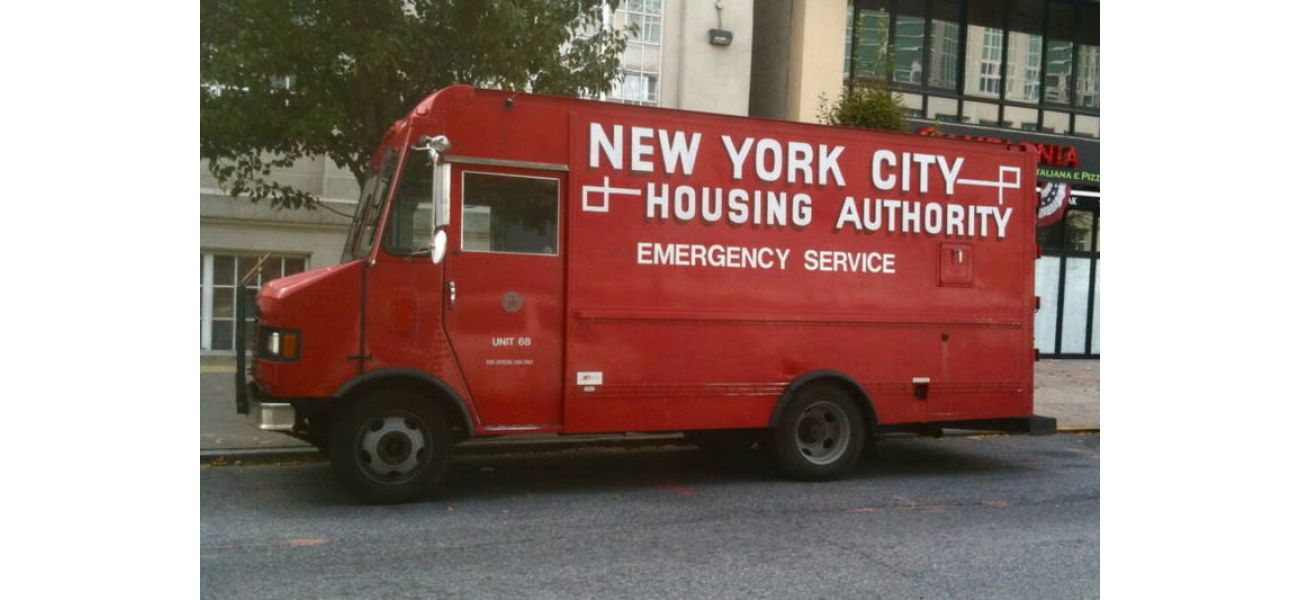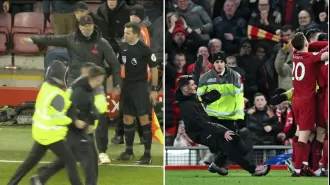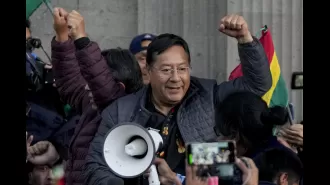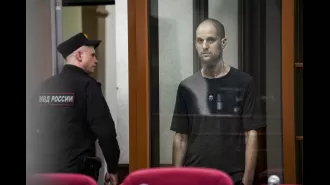NYC housing changes show support for YIMBY movement.
NY's changes stem from YIMBY movement, endorsed by Rep. AOC and Sen. Smith in a September NYT op-ed.
December 11th 2024.

On December 5th, the New York City Council made a decision that could have a significant impact on housing accessibility in the city. They voted to allow the construction of tiny homes or extra apartments on certain property owner's lots, as well as implementing other reforms aimed at increasing housing options.
According to a report by Business Insider, this type of initiative has been gaining popularity across the country, with the goal of making renting more affordable. One solution that has been gaining attention is the use of accessory dwelling units (ADUs). These units, which are often added to existing properties, have been suggested as a potential solution to the housing shortage in America. In many cities, zoning laws make it difficult to build new single-family homes, so ADUs offer an alternative option.
Aside from increasing housing options, ADUs can also have a positive impact on property values and provide an additional source of income for property owners who choose to build them. However, the cost of constructing these units can be quite high, ranging from $60,000 to $285,000 depending on the type of ADU. Additionally, strict regulations and permitting processes in certain cities can make it even more expensive to develop alternative housing projects.
Despite the potential benefits of ADUs, it is difficult to measure the effectiveness of these housing reforms as they are still relatively new. They have gained popularity since 2022, but it is too early to determine their impact on the housing market.
Furthermore, even in states where ADUs are allowed, restrictive local laws and regulations can still prevent their construction. This is why the recent reforms in New York are significant. They are a part of the YIMBY (Yes In My Backyard) movement, which aims to address the housing shortage and increase access to affordable housing. Representative Alexandria Ocasio-Cortez and Senator Tina Smith wrote an op-ed in The New York Times in support of this movement, arguing that housing is a basic human right and advocating for the development of social housing, rent-controlled homes, and homes for lower-income families.
Vox reports that the housing shortage has disproportionately affected first-time homebuyers, renters, and low-income individuals. As a result, there has been a growing divide between proponents of YIMBYism and NIMBYism (Not In My Backyard). YIMBYs believe that federal or state intervention is necessary to expand homeownership to those who have historically been excluded, while NIMBYs resist this idea.
Jerusalem Demsas, the author of "On The Housing Crisis", believes that significant change in the housing market will require action at the state level. In an interview with The Urbanist, he stated that people should focus on getting involved in state politics and advocating for building more housing. While there are things that can be done at the local level, it will take more significant action to truly address the housing crisis on a larger scale.
Despite the efforts being made to increase housing options and affordability, there are still thousands of vacant public housing units in New York City. This serves as a reminder that there is still much work to be done in order to solve the housing crisis and provide safe and affordable housing for all.
According to a report by Business Insider, this type of initiative has been gaining popularity across the country, with the goal of making renting more affordable. One solution that has been gaining attention is the use of accessory dwelling units (ADUs). These units, which are often added to existing properties, have been suggested as a potential solution to the housing shortage in America. In many cities, zoning laws make it difficult to build new single-family homes, so ADUs offer an alternative option.
Aside from increasing housing options, ADUs can also have a positive impact on property values and provide an additional source of income for property owners who choose to build them. However, the cost of constructing these units can be quite high, ranging from $60,000 to $285,000 depending on the type of ADU. Additionally, strict regulations and permitting processes in certain cities can make it even more expensive to develop alternative housing projects.
Despite the potential benefits of ADUs, it is difficult to measure the effectiveness of these housing reforms as they are still relatively new. They have gained popularity since 2022, but it is too early to determine their impact on the housing market.
Furthermore, even in states where ADUs are allowed, restrictive local laws and regulations can still prevent their construction. This is why the recent reforms in New York are significant. They are a part of the YIMBY (Yes In My Backyard) movement, which aims to address the housing shortage and increase access to affordable housing. Representative Alexandria Ocasio-Cortez and Senator Tina Smith wrote an op-ed in The New York Times in support of this movement, arguing that housing is a basic human right and advocating for the development of social housing, rent-controlled homes, and homes for lower-income families.
Vox reports that the housing shortage has disproportionately affected first-time homebuyers, renters, and low-income individuals. As a result, there has been a growing divide between proponents of YIMBYism and NIMBYism (Not In My Backyard). YIMBYs believe that federal or state intervention is necessary to expand homeownership to those who have historically been excluded, while NIMBYs resist this idea.
Jerusalem Demsas, the author of "On The Housing Crisis", believes that significant change in the housing market will require action at the state level. In an interview with The Urbanist, he stated that people should focus on getting involved in state politics and advocating for building more housing. While there are things that can be done at the local level, it will take more significant action to truly address the housing crisis on a larger scale.
Despite the efforts being made to increase housing options and affordability, there are still thousands of vacant public housing units in New York City. This serves as a reminder that there is still much work to be done in order to solve the housing crisis and provide safe and affordable housing for all.
[This article has been trending online recently and has been generated with AI. Your feed is customized.]
[Generative AI is experimental.]
0
0
Submit Comment





